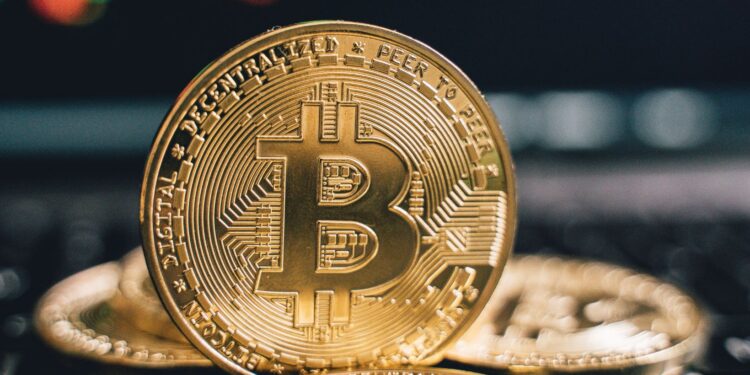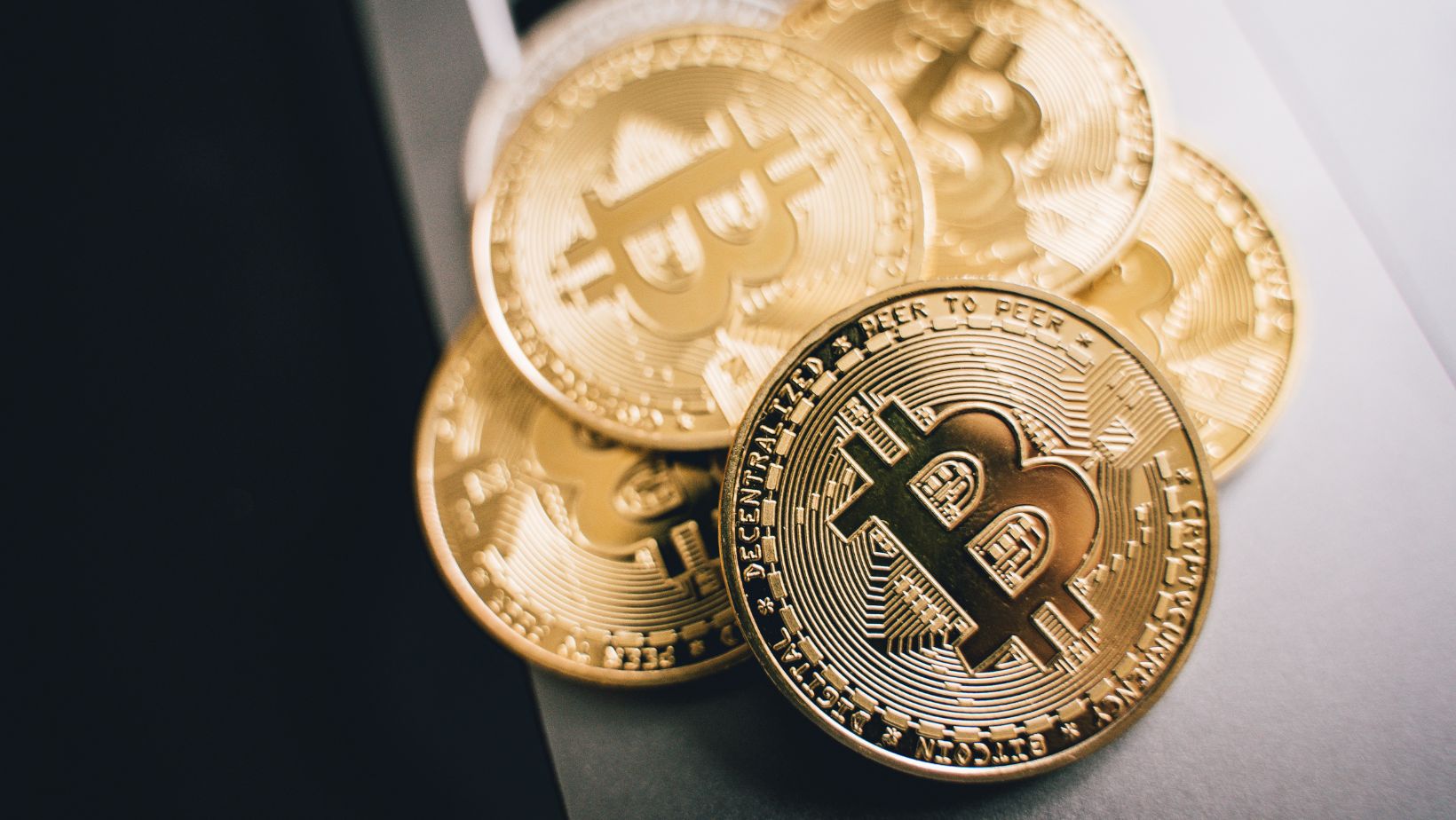Crypto exchanges are online platforms that enable traders and investors to work with digital assets and use tools for their efficient conversion. Most widespread exchanges belong to a centralized type. That means such platforms comply with all regulatory requirements and provide a high level of security for their clients. In addition, some platforms provide an AML checker. This tool helps users check addresses concerning its involvement in money laundering schemes. For example, you can conduct AML check online on the WhiteBIT exchange.
Exchanges aim to provide a secure place to buy crypto and trade it by implementing various security measures to safeguard user accounts and funds from cyber threats. These measures include advanced encryption protocols, two-factor authentication (2FA), cold storage solutions, and regular security audits. By prioritizing security practices, exchanges allow users to trade and store their digital assets with confidence.
The Essence of AML
When registering on a centralized crypto platform, users are often asked to pass AML. As part of this process, users submit personal identification documents and proof of address through KYC procedures. This helps establish their authenticity.
The AML check online framework is designed to stop money laundering, terrorist financing, and other illegal activities within the crypto world. It includes several measures, such as identity verification, transaction monitoring, risk assessment, and reporting suspicious activities to regulatory authorities. By using AML protocols, crypto service providers aim to create a safer and more reliable environment for their users. Let’s discuss some of the measures mentioned above:
- Detecting suspicious or abnormal transactions within the crypto industry is crucial, and transaction monitoring is the key to achieving this. Advanced analytics and AI technologies are utilized in order to detect uncommon behavior and highlight transactions that may pose a risk. It is done with the purpose of conducting a thorough investigation. Real-time monitoring is essential since it helps prompt action against illicit activities and enhances overall crypto ecosystem security.
- AML also includes risk assessment as a crucial element. Crypto platforms evaluate the level of risk for particular transactions, users, or jurisdictions. This assessment assists in determining how to distribute resources and put in place effective risk management measures. For example, heightened due diligence, limits on transactions, or more careful monitoring for high-risk transactions.
- Crypto platforms have a crucial responsibility to report any suspicious activities to regulatory authorities. They must have a strong reporting mechanism that adheres to AML regulations. This partnership between the crypto industry and regulatory bodies helps investigate and prevent illegal activities.
The implementation of AML measures has benefits for the entire crypto ecosystem. It creates a safe and compliant environment that promotes the proper use of cryptocurrency and discourages unlawful activities. By complying with AML regulations, the crypto industry can establish trust with users, financial institutions, and regulatory bodies. This trust can lead to more widespread adoption and integration of cryptocurrencies into the mainstream financial system.


















